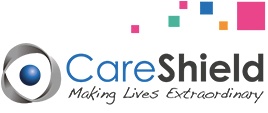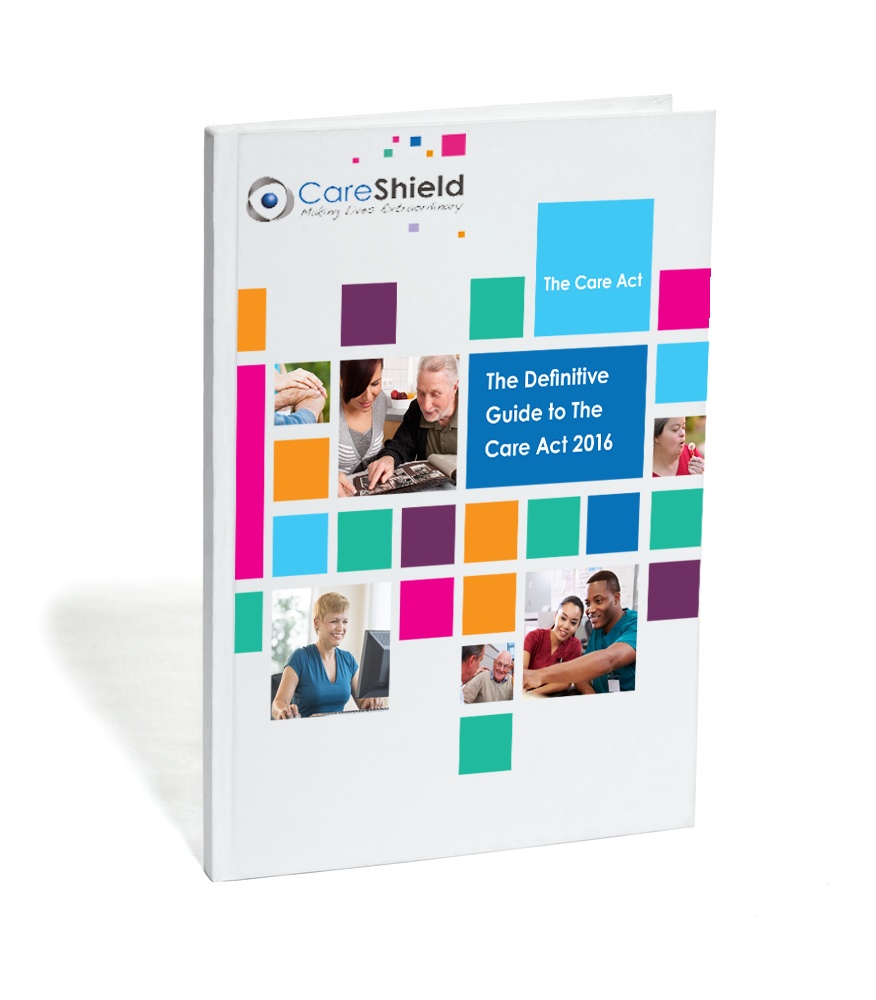The Care Act represents the most significant reform of care and support in more than 60 years, putting people and their carers in control of their care and support. For the rst time, the Act will put a limit on the amount anyone will have to pay towards the costs of their care.
David Clover
Recent Posts
Do you know the difference between them?
Dementia is an umbrella term used to describe a number of brain disorders resulting in a loss of brain function. Alzheimer's is the most common form of dementia.
- In the UK over 850,000 people suffer with dementia
- 62% of these are diagnosed with Alzheimer's
- This is forecast to increase to over 1 million by 2025
- Two-thirds of the cost is paid by the person and their families
The Care Act represents putting people and their carers in control of their care and support. The Act will put a limit on the amount anyone will have to pay towards the cost of their care.
The Care Certificate is a new set of standards introduced in March 2015. It is aimed at Care Workers and Social Care support workersand provides the skills they need to give safe and efficient care in their workplace.
Read MoreCareShield Ltd will be based at a new address with effect from 13th July 2015. Our new offices will be larger, allowing the CareShield team to grow significantly over the next five years. The new premises also offer better accessibility and a more flexible working space.
Our new address will be:
Bank House,
Primmet Road,
Stevenage,
Hertfordshire,
SG1 3EE
Weather reports are telling us to prepare for a mini-heatwave next week with highs of up to 29°C on Thursday! Temperatures over 30°C trigger a health alert in the UK. People who use care and support services can be particularly vulnerable to heat-related illnesses and dehydration, including:
Read MoreAs of 1st April 2015 The Care Certificate has replaced the Common Induction Standards (commonly known as CIS). All employees new to care should now be completing The Care Certificate rather than CIS. The main difference between CIS and The Care Certificate is that the Care Certificate requires both knowledge and competence (practical skills) learning outcomes to be achieved and recorded, rather than just knowledge. It also covers more subject areas – 15 standards rather than 8.
What is The Care Certificate?
Read MoreCareShield are at the forefront of training in the Health and Social Care sectors, and as such are committed to innovation. We are currently planning and developing a suite of new learning resources in order to support organisations implementing the Care Certificate in 2015. We are working very closely with the government and pilot organisations to design the best possible solution for the sector.
Read More “Never believe that just a few caring people can’t change the world, for indeed, that’s all who ever have” - Margaret Mead
Dementia is becoming increasingly prevalent and with it, the need for leaders to rise up and become advocates for the sufferers who have no voice.
There are around 800,000 people with dementia in the UK. The disease costs the economy £23 billion a year and by 2040, the number of people affected is expected to double - and the costs are likely to treble.
Read MoreLast week's Ombudsman report showed that adult care service complaints have risen up to 46%. "The health and social care sector is being increasingly challenged to demonstrate openness and transparency in the way it investigates complaints and thus maintain the trust and confidence of patients and their families”, Dr Tom Frawley has argued.
Read More












